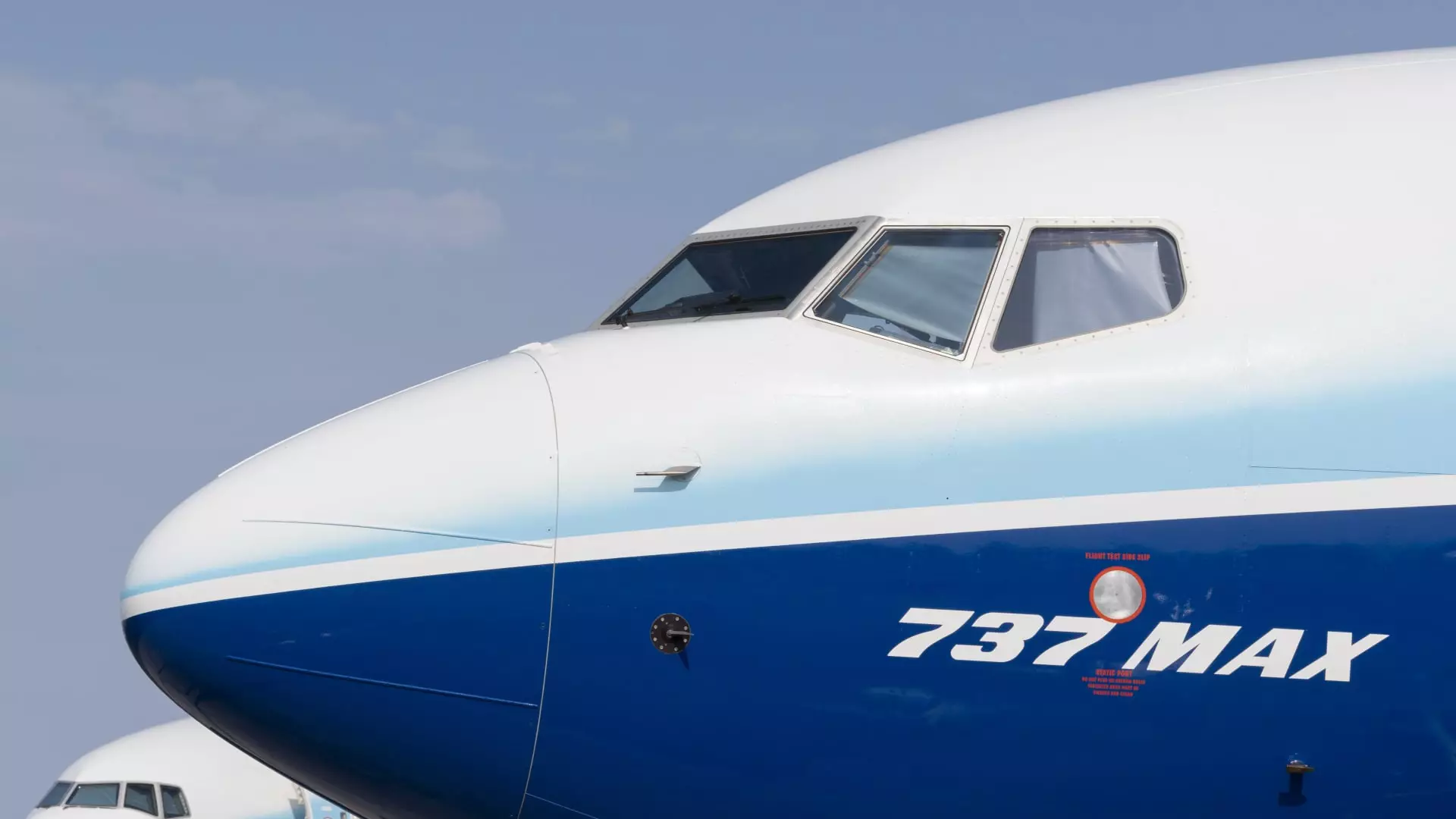In the past five years, Boeing’s 737 Max airplanes have been at the center of two devastating plane crashes in Indonesia and Ethiopia, which claimed the lives of 346 people. These incidents raised serious concerns about the safety and reliability of Boeing’s aircraft. Moreover, in January 2024, an Alaska Airlines 737 Max 9 plane experienced a near catastrophe when a door plug blew off at 16,000 feet. This incident sparked further scrutiny and investigations into Boeing’s production processes and quality control measures.
The preliminary report from U.S. accident investigators revealed that the door panel that flew off the Alaska Airlines Max 9 was missing four crucial bolts. This raised questions about the effectiveness of Boeing’s quality control procedures and the oversight of its suppliers. The Federal Aviation Administration (FAA) found significant quality control issues during its audit of Boeing and fuselage maker Spirit AeroSystem’s production process. As a result, the FAA has halted Boeing’s plans to expand production until it is satisfied with the improvements in quality control.
Following the door plug incident, Boeing implemented major management changes in an effort to address the underlying issues within the company. CEO Dave Calhoun, who took over in 2020 to navigate Boeing out of the Max crisis, announced his decision to step down by the end of 2024. Additionally, Boeing replaced its chairman and the head of its commercial airplane unit. However, these changes have not been well received by some of Boeing’s top airline customers, who have criticized the company for its handling of the crisis.
The repercussions of Boeing’s 737 Max crisis have been significant, with delays in jet deliveries and ongoing investigations affecting the company’s reputation and financial performance. The future of Boeing’s best-selling jet remains uncertain as the company works to regain the trust of regulators, customers, and the public. The outcome of the criminal investigation into the Alaska Airlines incident and the FAA’s oversight of Boeing’s production processes will likely have long-lasting implications for the aviation industry as a whole. Moving forward, Boeing will need to prioritize safety, transparency, and accountability to rebuild its credibility and ensure the continued success of its aircraft programs.

